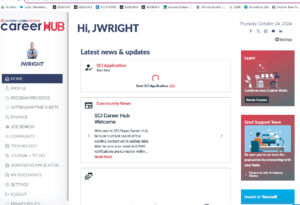Medical assistants are professionals who perform dual roles in a medical facility. They fill in and perform clinical tasks for nurses, doctors and more. When not performing specific clinical tasks, can medical assistants draw blood or handle an assortment of administrative duties?
Most hospitals, doctors\’ offices, medical clinics, and community health centers find that medical assistants are valuable team members and can\’t imagine trying to get through the working day without these skilled assistants.
But what exactly does a medical assistant do? Here we will discuss medical assistant duties and simple questions including \”can medical assistants draw blood?\”
Do Medical Assistants Draw Blood?
Medical assistant duties range from a wide array of tasks. The amount of administrative work vs. clinical work medical assistants handle during a workweek depends on the medical facility they work for specific needs.
One of the questions frequently asked by individuals who are in the early stages of considering a career as a medical assistant is do medical assistants draw blood?
The simple answer is no, medical assistants don\’t draw blood, not unless they’ve received additional training. A medical assistant certificate that only covers traditional medical assistant skills doesn’t provide the training needed to draw blood.
However, since so many medical facilities need additional help taking blood samples from patients, many medical assistant certification programs have begun incorporating phlebotomy training into the coursework.
The addition of the phlebotomy certification allows the medical assistant to draw blood whenever needed and increases the assistant\’s value as an employee, which in turn leads to an increase in salary and benefits.
In addition to drawing blood, medical assistants who with proper phlebotomy training also prep blood samples for processing.
Clinical Medical Assistant Duties
Many facilities arrange things so that the bulk of their medical assistant\’s day is filled with clinical work. Clinical medical assistants work as a type of nursing assistant. Daily clinical medical assistant duties may include:
- Establishing initial contact with the patient
- Taking their vital signs
- Performing basic medical tasks such as removing stitches or changing wound dressings
- Prepping patients for x-rays
- Cleaning medical equipment
- Stocking medical supplies
- Setting up the rooms for the next patient
- Running basic lab tests
- Running EKGs if needed
- Giving injections
Medical assistants who go through a structured medical assistant certification training program are skilled at each of these tasks and are comfortable working with the different types of medical equipment.
The training makes a huge difference when graduates start applying for jobs. The medical assistant certification training not only increases their ability to be hired but also allows them to request a higher salary.
Medical Assistant Administrative Duties

A large part of the medical assistant\’s administrative duties focuses on patient care. The medical assistant is responsible for easing any anxiety the patient is experiencing prior to the appointment, answering questions about follow-up appointments, and prepping the patient for the appointment.
It\’s not unusual for at least part of the medical assistant\’s working day to be spent working at the reception desk. It\’s not uncommon for the medical assistant to be handed the task of dealing with issues that develop between the facility, the patient, and the patient\’s insurance company.
Training Medical Assistants
Strictly speaking, you don\’t have to receive any type of training before becoming a medical assistant. That doesn\’t mean you should assume you don\’t have to worry about training.
While you\’re not required to take a formal medical assistant certification program before applying for a job, you\’ll find that a majority of medical facilities won\’t consider anyone who hasn\’t successfully completed a medical assistant training course.
The facility doesn\’t want to have to train their assistants, they want medical assistants who are ready to go straight to work and perform the variety of medical assistant duties.
There are some people choose to earn an associate\’s degree, but most opt to pursue a medical assistant certificate instead. Earning a medical certificate takes less time than completing a degree program and is less expensive.
In most cases, the medical assistant certification process can be completed in about a year at which point you\’re ready to go to work.
During the certification program you\’ll learn how to use common software programs, run labs, handle patients, and use medical equipment. If you\’re interested in taking blood, there are medical assistant programs that include a phlebotomist certification.
The Future of Medical Assistants
This is a good time to become a medical assistant. In 2018, the average medical assistant earned about $33,610. It\’s likely that the amount of training completed, duties expected, location and type of medical facility that you work at would influence your earning potential.
Additionally, the number of job opportunities available for medical assistants is expected to increase by 28% during the next decade, making this the perfect time to train as a medical assistant.
Even more encouraging than the reasonable salary you can expect to make as a medical assistant is the number of medical assistant jobs expected to become available during the next decade. Experts believe that demand for medical assistants will increase by 23% between now and 2028.
Not only does a career as a medical assistant hold a great deal of promise for young adults who are preparing to enter the workforce, but it\’s also likely that working as a medical assistant will be a good way to supplement a retirement account.
Contact Southern Careers Institute
Do you think that it would be fun to spend your days surrounded by doctors, nurses, and other medical personal? Do the medical assistant duties interest you? Do you love the idea of working with patients? Or do you think working as a medical assistant sounds like the perfect job? Contact Southern Careers Institute and learn how to enroll in our medical assistant certification program. We\’ll help you start changing your life for the better!
Sources
https://www.bls.gov/ooh/healthcare/medical-assistants.htm
https://www.mbc.ca.gov/Licensees/Physicians_and_Surgeons/Medical_Assistants/Medical_Assistants_FAQ.aspx
Blog Disclaimer: Information stated in this blog is for general information purposes only. SCITexas.edu does not assume or guarantee income earning potential or salary expectations based on the programs offered at Southern Careers Institute. Career and program information stated in this blog does not guarantee that programs and specifics are offered at Southern Careers Institute.











